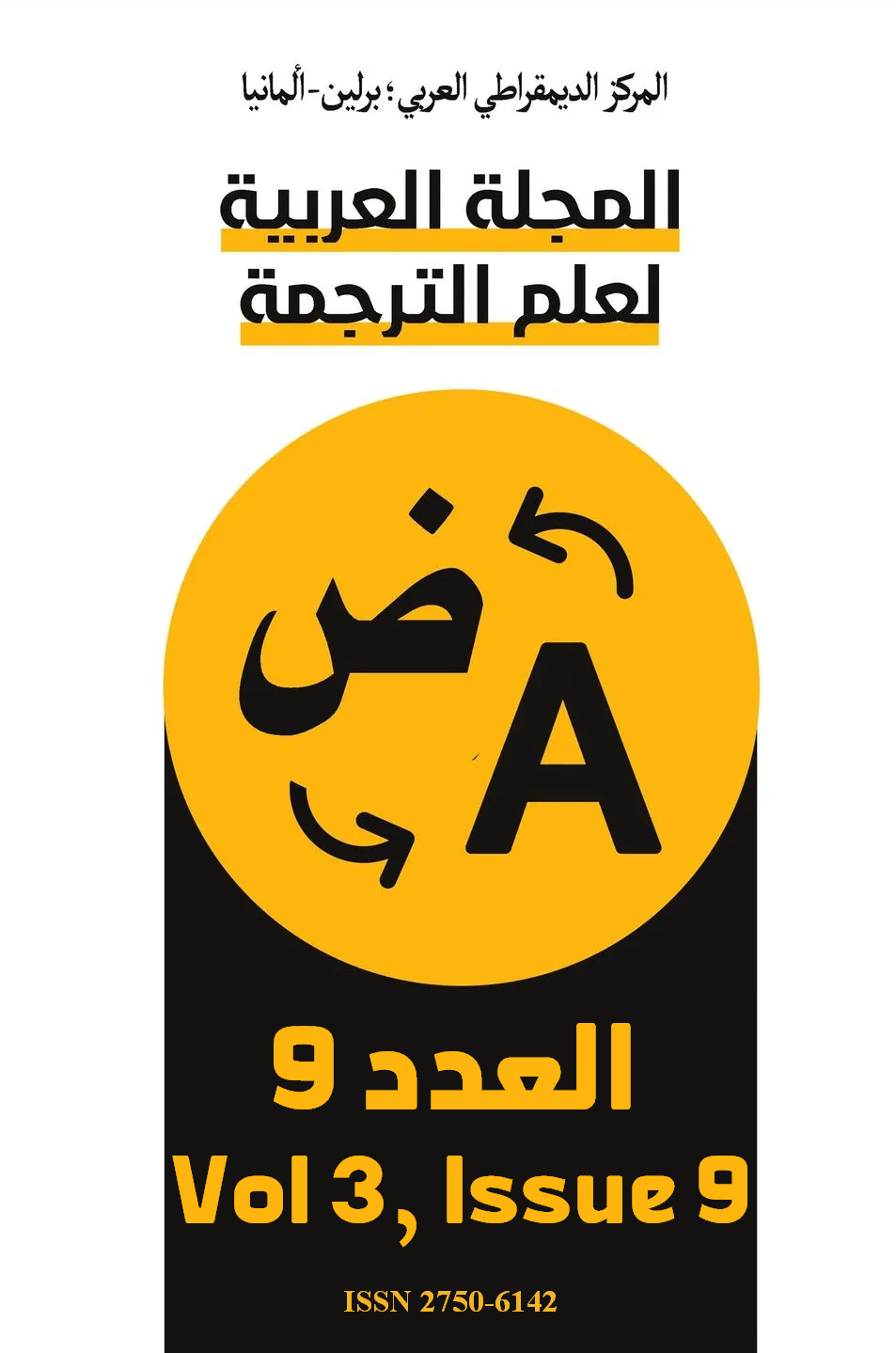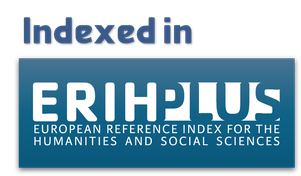Identity and Diaspora: An Overview of Postcolonial Translation Studies in Chinese Mainland (1997-2024)
DOI:
https://doi.org/10.63939/AJTS.m8ppkv61Keywords:
Post-colonialism, Postcolonial translation, Chinese mainland, ReviewAbstract
Postcolonial studies have a history of nearly half a century throughout the world, and have been applied to major issues such as Orientalism, modernity, national culture, black female criticism, race and class. In the English-speaking countries, the introduction of post-colonialism into translation studies began in the 1990s. Because of its novel theoretical perspective and strong application in translation criticism, it has begun to attract widespread attention from Chinese translation researchers. This article first combs through the development of postcolonial studies in Chinese mainland over the past three decades (1997-2024). And then, it traces the history of the combination of postcolonial theory and translation process research. I also explain the theoretical foundation of the combination of the two through the analysis of its significance. Moreover, this research summarizes the main concepts involved in postcolonial translation studies. Finally, the article further looks forward to the development trend of postcolonial translation in the post-epidemic era.
Downloads
References
Bassnett, S., & Lefevere, A. (1998). Constructing Culures: Essays on Literary Translation. Clevedon: Multilingual Matters Ltd DOI: https://doi.org/10.21832/9781800417892
Bassnett, S., & Trivedi, H. (1999). Post-colonial Translation: Theory and Practice. London and New York: Routledge
Bhabha, H. (1994). The Location of Culture. London: Routledge
Bourdieu, P. (1993). Field of Power, Literary Field and Habitus. In The Field of Cultural Production-Essays on Art and Literature (pp. 161-175). Cambridge: Polity Press
Cai, X. (2002). The Object of Translation -- Heterogeneity. In Translation Studies Facing the Century (pp. 246-257). Beijing: Commercial Press
Chen, D., & Zhang, N. (2000). Selected Western Translation Theories. Hong Kong: The Chinese University of Hong Kong Press
Derek, A. (1999). Post-Revolutionary Aura. (Wang, N. Trans.). Beijing: China Social Sciences Press
Foucault, M. (1980). Power Knowledge Interviews and Other Writings. Brighten, Sussex: Harvester
Gentzler, E. (2002). Translation, Poststructuralism, and Power. In Translation and Power (pp. 196-197). Massachusetts: University of Massachusetts Press
Gilbert, B. (2001). Postcolonial Criticism. (Yang, N. Trans.). Beijing: Peking University Press
Gibson, M. (2012). Culture and Power: A History of Cultural Studies. (Wang, J. Trans.). Beijing: Peking University Press
Hu, D. (2005). The Enlightenment of Postcolonial Theory to Translation Studies in my country. Foreign Languages, (4), 56-61
Lawrence, V. (1998). The Scandals of Translation: Towards an ethics of difference. London & New York: Routledge
Li, X. (2008). Exploration of Cultural Hegemony in Literary Translation. (Doctoral dissertation). Taiyuan: Taiyuan University of Technology
Luo, G., & Liu, X. (2000). Cultural Studies Reader. Beijing: China Social Sciences Press
Niranjana, T. (1992). Siting Translation: History, Post-Structuralism, and the Colonial Context. Berkeley & Los Angeles: University of California Press DOI: https://doi.org/10.1525/9780520911369
Qin, X. (2007). On the translator Lu Xun from the perspective of postcolonialism. (Doctoral dissertation). Qingdao: Ocean University of China.
Robinson, D. (1997). Translation and Empire: Postcolonial Theories Explained. Manchester: St. Jerome Publishing
Simon S., & St.-Pierre, P. (2000). Changing the terms: Translating in the Postcolonial Era. Ottawa: University of Ottawa Press DOI: https://doi.org/10.2307/j.ctt1ckpcz7
Spivak, G. (2000). The Politics of Translation. In The Translation Studies Reader (pp. 397-416). London & New York: Routledge
Tang, Y. (2009). A Study on the Translation of Pearl S. Buck’s Water Margin. (Doctoral dissertation). Shanghai: East China Normal University.
Venuti, L. (2009). The Invisibility of the Translator: A History of Translation. (Zhang, J. Trans.). Beijing: Foreign Language Teaching and Research Press
Wang, D. (2003). Postcolonial perspective on translation studies. Chinese Translation, (4), 3-8
Wang, S. (2017). Research on the relationship between cultural translation and cultural identity from the perspective of postcolonial theory (Doctoral dissertation). Chongqing: Sichuan International Studies University
Wang, Y. (2016). Research on the relationship between translation and cultural identity. (Doctoral dissertation). Chongqing: Sichuan International Studies University. https://kns.cnki.net/kcms/detail/detail.aspx?dbcode=CMFD&dbname=CMFD202201&filename=1016072094.nh&uniplatform=NZKPT&v=Q74-DDgNylrTUq6S9KTvfDapuLdS0RukN54A13i44ssWriz8u9gLHl9-SURMhE9P
Xu, D. (2000). A study on the cultural identity and translation behavior of diaspora translators from the perspective of postcolonialism. (Doctoral dissertation). Shanghai: Shanghai University of Finance and Economics.
Zhang, B., & Qin, W. (2004). After postcolonialism: Rethinking translation studies: the enlightenment of postcolonial theory to translation studies. Journal of Nanjing University (Philosophy, Humanities & Social Sciences Edition), (1), 111-117
Zong, Y. (2013). Hybridity in the translation of immigrant literature. (Doctoral dissertation). Shanghai: Shanghai International Studies University.
Zou, L. (2010). Translation of cultural terms in news from a postcolonial perspective. (Doctoral dissertation). Xiangtan: Hunan University of Science and Technology. https://kns.cnki.net/kcms/detail/detail.aspx?dbcode=CMFD&dbname=CMFD2011&filename=2010209772.nh&uniplatform=NZKPT&v=BXeDfGKt8oYdWGMXfCn7q6lcY84QPTogyTdz8VJrOB3f6ltrNpIF-Wt1B29M61b4
Downloads
Published
Issue
Section
License

This work is licensed under a Creative Commons Attribution-NonCommercial 4.0 International License.
As an open-access the journal follows the CC BY-NC 4.0 Attribution-NonCommercial 4.0 International which states that:
- you are free to:
- Share— copy and redistribute the material in any medium or format.
- Adapt— remix, transform, and build upon the material.
- Under the following terms:
- Attribution— You must give appropriate credit, provide a link to the license, and indicate if changes were made. You may do so in any reasonable manner, but not in any way that suggests the licensor endorses you or your use.
- NonCommercial — You may not use the material for commercial purposes.
- No additional restrictions — You may not apply legal terms or technological measures that legally restrict others from doing anything the license permits.












